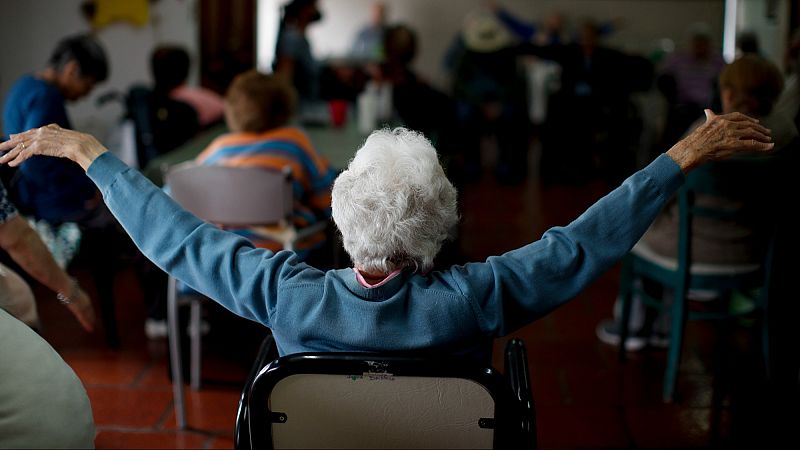
It’s official: Older adults worried about cognitive decline can stay sharper for longer by exercising both their bodies and their brains and eating healthier.
That’s according to initial results released Monday from a rigorous US study of lifestyle changes in seniors at risk of developing dementia. People following a combination of healthier habits slowed typical age-related cognitive decline — achieving scores on brain tests as if they were a year or two younger, researchers reported in the medical journal JAMA.
It’s not too late to get started — study participants were in their 60s and 70s — and it doesn’t require becoming a pickleball champ or swearing off ice cream.
“It was the first time I felt like I was doing something proactive to protect my brain,” said Phyllis Jones, 66, from the US state of Illinois. She joined the study after caring for her mother with dementia and struggling with her own health problems.
It’s too soon to know if stalling age-related decline also could reduce the risk of later Alzheimer’s or other forms of dementia. But Jones and other study participants underwent brain scans and blood tests that researchers now are analysing for clues — such as whether people also saw a reduction in Alzheimer's-related protein buildup.
“We’re all on a cognitive ageing clock and anything we can do to slow that clock down, to me, that is a significant benefit,” said Laura Baker of Wake Forest University School of Medicine, who led the study.
Doctors have long encouraged physical activity and a healthy diet for brain fitness. Those steps fight high blood pressure and cholesterol, heart disease, and diabetes, factors that increase the risk of dementia.
But until now the strongest evidence that specific lifestyle changes later in life could improve how people perform on brain tests came from a study in Finland.
How the study worked
Half of participants were randomly assigned to group classes for exercise and dietary changes plus brain-challenging homework — with peer support and coaches tracking their progress.
They did a half-hour of moderately intense exercise four times a week — plus twice a week, they added 10 to 15 minutes of stretching and 15 to 20 minutes of resistance training.
They followed the “MIND diet” that stresses lots of leafy greens and berries plus whole grains, poultry, and fish. Nothing is banned, but it urges limiting red meat, fried or fast food, and sweets, and substituting olive oil for butter and margarine.
They also had to meet someone or try something new weekly and do brain “exercises” using an online programme called Brain HQ.
Other study participants, the control group, received brain-healthy advice and minimal coaching — they chose what steps to follow.
Both improved but the group with more support fared significantly better.
Combining social engagement with exercise and dietary steps may be key, said Jessica Langbaum of the Banner Alzheimer’s Institute, who wasn’t involved with the study.
“Americans want to have that one easy thing — ‘If I just eat my blueberries,’” Langbaum said. “There is no one magic bullet. It is a whole lifestyle".
How to exercise your body and mind on your own
Moderately intense physical activity means raising your heart rate and panting a bit yet still being able to talk, said Wake Forest’s Baker. Pick something safe for your physical capability and start slowly, just 10 minutes at a time until you can handle more, she cautioned.
Make it something you enjoy so you stick with it.
Likewise there are many options for brain exercise, Baker said — puzzles, joining a book club, learning an instrument or a new language.
One challenge: How to keep up the good work
Researchers will track study participants’ health for four more years, and the Alzheimer’s Association is preparing to translate the findings into local community programmes.
Will people with stick with their new habits?
Jones lost 30 pounds, saw her heart health improve and feels sharper, especially when multitasking. But she hadn’t realised her diet slipped when study coaching ended until a checkup spotted rising blood sugar.
Now she and an 81-year-old friend from the study are helping keep each other on track.
The lifestyle change “did not just affect me physically, it also affected me mentally and emotionally. It brought me to a much better place,” Jones said.







